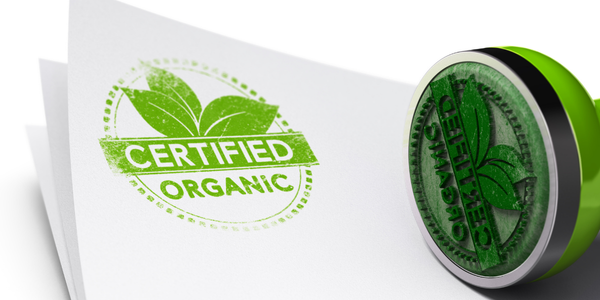Supporting Farmers Every Step of the Way...

-
Joint development of a 36-month Farm Transition Plan (Commercial to Organic)
-
Assist Farmers with USDA - "Natural Organic Plan" (NOP) Rules & Regulations
-
Assist Farmers with "Organic System Plan" (OSP)
-
Soil Testing to establish Organic baseline
-
Assist Farmers with Organic Materials Review (OMRI) - for USDA approved organic inputs
-
Assist Farmers with Pilot projects to validate expected results
-
Provide Organic Pesticides: Natural, non-toxic pest control that protect crops and soil health.
-
Provide Organic Fertilizers & cover Crops: Organic blends to enrich soil fertility and support microbial life.
-
Provide Organic Seeds: High-quality, organic seeds bred for resilience and nutrition





How to Become Certified Organic
Certifiers are responsible for making sure that USDA organic products meet all organic standards. There are five basic steps to organic certification:

- The farm or business adopts organic practices, selects a USDA-accredited certifying agent and submits an application and fees to the certifying agent.
- The certifying agent reviews the application to verify that practices comply with USDA organic regulations.
- An inspector conducts an on-site inspection of the applicant's operation.
- The certifying agent reviews the application and the inspector's report to determine if the applicant complies with the USDA organic regulations.
- The certifying agent issues organic certificate.
To maintain organic certification, your certified organic farm or business will go through an annual review and inspection.
Supporting Your Transition Roadmap
We’ve developed a 3-year soil remediation plan to help farmers achieve organic certification, improve soil health, and produce nutrient-dense food
Baseline Assessment
Test for minerals (to identify excesses or deficiencies from synthetic fertilizers), organic matter (often low in chemically farmed soils), and contaminants (e.g., glyphosate, heavy metals from fungicides). This reveals the starting point for remediation.
Remediation Monitoring
Retest annually during the three-year transition to track increases in organic matter via cover crops, compost, or reduced tillage and mineral rebalancing; critical for organic certification and food quality.
Organic Compliance
Ensure no prohibited substances remain detectable by year three. Validated by 3rd Party Labs for contaminant testing.
Farm Goals
Focus on building soil health to grow nutrient-dense food. Organic matter and microbial activity improvements directly correlate with better crop nutrition for livestock and humans.
